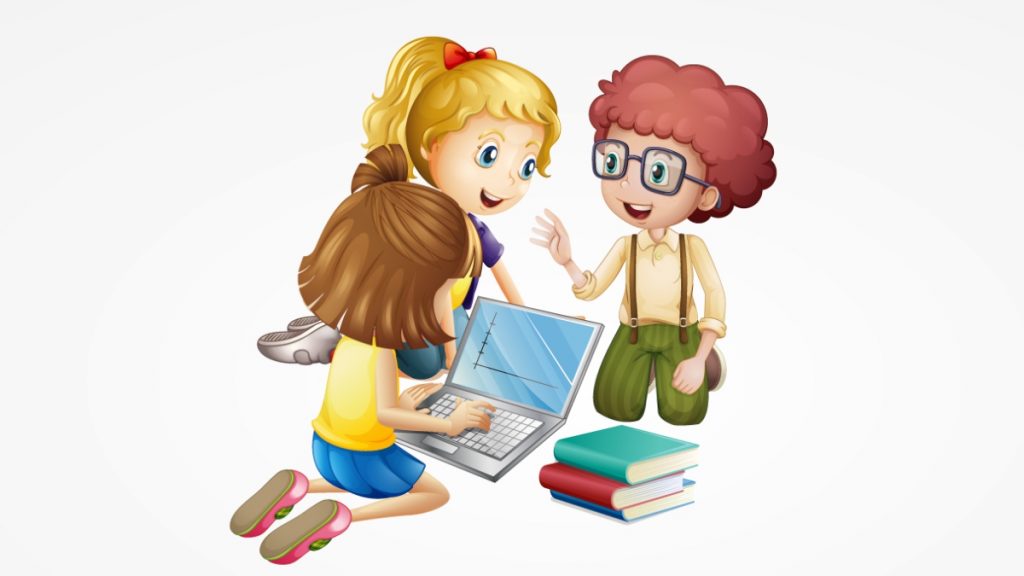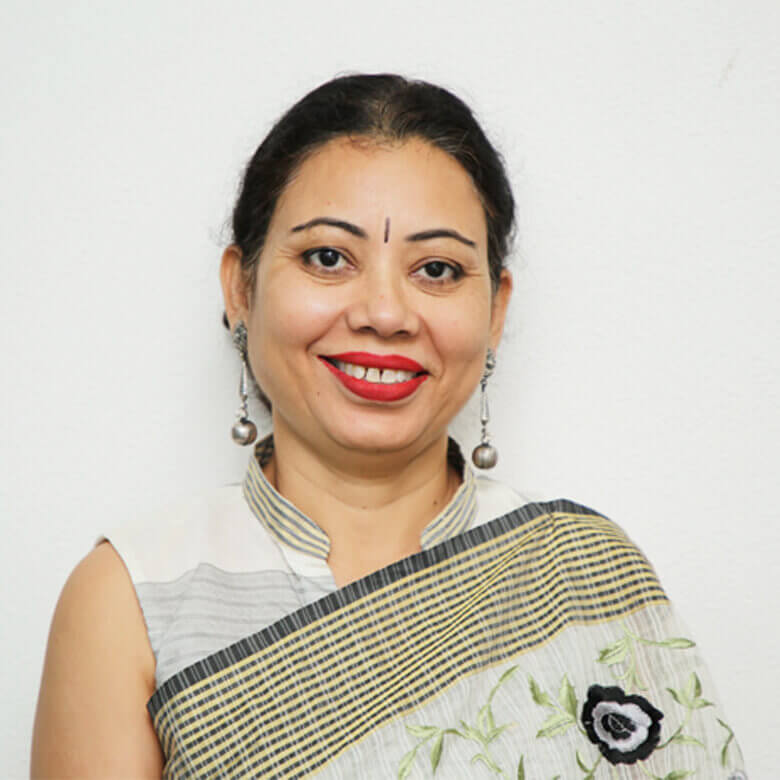As a parent, the many sibling fights that you witness each day are enough to make you wonder what kind of relationship they will grow up to have. The good news is that despite having a high rate of conflict, the fun times that they have together can lay the foundation for a lasting relationship. There are, therefore, a host of things that you can do to help them build a positive relationship and a strong sibling bond. Here are a few thoughts:

Look for activities that they enjoy
Whether it is doing art together or playing football, if you look closely there will be activities that you will find that they enjoy doing together. Making time for that common activity each day can go a long way in building a bond. With an age gap between them, sometimes finding a common activity can be a bit tough. But when you do, support them to make the most of it.
It will help also to take vacations together as a family. An adventure trip or visit to grandma’s house, can all add to the shared experience. Overall, the more happy times filled with laughter they share, the more the chances of their developing a lasting sibling bond.
Routines help
Nurturing routines set early, such as ones where they say “I love you” to each other before going to bed, can also go a long way. You could think of enough and more opportunities for children to nurture each other. Whether it is the elder child reading to the younger one or helping him or her in his studies or children stopping by to help each other each time any one of them is hurt, the list is endless.
Don’t pit them against each other
As parents, we often land up comparing our kids or even pit them against each other. Remember to consciously have them on the same team. So, if you have to leave home early it will help you to tell them to work together. Similarly giving them a common cleaning project when you have guests coming can work well for the project and sibling bond! When you are playing games as a family, it will be prudent to have the children on the same team!
Teach them to appreciate differences
So you have one sports fanatic and the other an avid reader! Ensure that you walk the talk and appreciate their differences. This will, in turn, allow them to appreciate their differences instead of them becoming a conflict point. You also need to consciously work at building a culture where each one is encouraged to talk through their feelings. This sets the right agenda for the future where lack of communication often comes in the way of relationships.
Allow them to work out their own problems
While it is quite tempting to try and solve their conflicts soon as they occur, the fact is all you need to do is equip them with the right skills to help them work out their issues. Whether it is effective listening skills or helping them use i-messaging that allows them to share what they feel instead of blaming the other, can all help them resolve their own issues. You could also help them role-play conflict situations in non-conflicting times. This will help them see how they could respond differently to situations.
Needless to say, also that this needs to be age-appropriate. So, dealing with a toddler will be vastly different from dealing with a pre-teen. Also, if you notice things going out of hand or if the conflict gets into a physical fight, you sure need to intervene.
Above everything have a strong relationship with each child so that they grow up feeling totally loved and absolutely secure! Being fair and consistent with the children is the key. The feeling of security will spill over into their sibling bond and relationships as well.
Here is to strengthen familial bonds, especially sibling bonds! Do write in the comments section and let us know what some of the other aspects are that have helped you forget that fine sibling bond between your children!

Amita is an experienced educator with over 30 years of experience. She has an outstanding understanding of child development, having worked with various age groups for prestigious businesses. She has been dedicated to handling Footprints’s Curriculum and Delivery department for the past decade. Amita’s credentials include being one of India’s few HighScope Curriculum certified trainers and volunteering as a course leader for Landmark Education, the world’s largest training firm.

